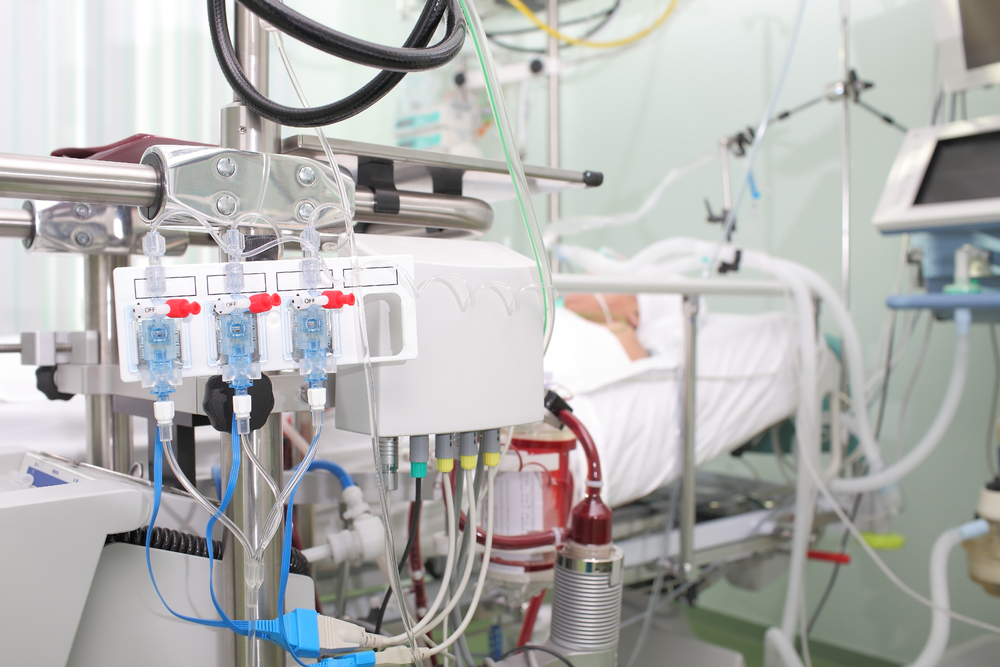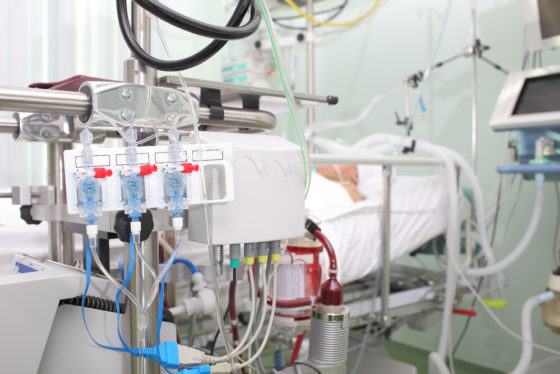New work group to discuss end-of-life treatment culture clash


Communication about stopping treatment for ethnic minority patients who have no hope of recovery needs to improve, the head of the Dutch intensive care association NVIC has told broadcaster NOS.
A new diversity work group will look into communicating policy around this and other issues, such as gender, to people with a ‘non-western’ background, IC chief Iwan van der Horst said.
During the height of the coronavirus pandemic, dozens of Turkish patients who had been given up on by Dutch doctors were moved to Turkey by their families, where some of them recovered. Two people are known to have come out of a coma while a number of others died. It is not known what happened to the rest of the group.
In the Netherlands the treatment of people who are kept alive via artificial respiration but have no chance of recovery is seen as having no added value. That policy will not change or be adapted for this group, Van der Horst said.
According to mental health care worker Mustafa Bulut, who works at the Elisabeth-TweeSteden Ziekenhuis in Tilburg, it is only logical that people with dual Turkish Dutch nationality compare the approach of the two countries.
‘You long for a cure and if you then see an example where this has happened you think: why not me? Death is often a taboo subject for people with a immigrant background. But not in the Netherlands and the culture clash starts right there,’ Bulut said.
He also said people felt the doctors had not tried hard enough and that this caused distrust and a sense of not being welcome.
Leukemia
One Turkish Dutch patient, 25-year-old Dilara, who had been diagnosed with acute leukemia and was kept in a coma because doctors had given up on her was taken to Turkey by her brother Onur Sahin. She is now conscious and waiting for stem cell therapy.
Her family is furious with the doctors at the Isala hospital in Zwolle, who they claim gave up on Dilara too soon. ‘I don’t want to criticise the Netherlands but to me it’s very simple: as long as a person is not brain dead you do everything to keep them alive: miracles do happen,’ Sahin said.
Better communication alone is not the answer, he said. ‘Quality of life is interpreted differently by Dutch Turks and the guidelines should be re-evaluated. We felt it would be murder if they stopped treating her. And she’s still alive, isn’t she?’
Thank you for donating to DutchNews.nl.
We could not provide the Dutch News service, and keep it free of charge, without the generous support of our readers. Your donations allow us to report on issues you tell us matter, and provide you with a summary of the most important Dutch news each day.
Make a donation